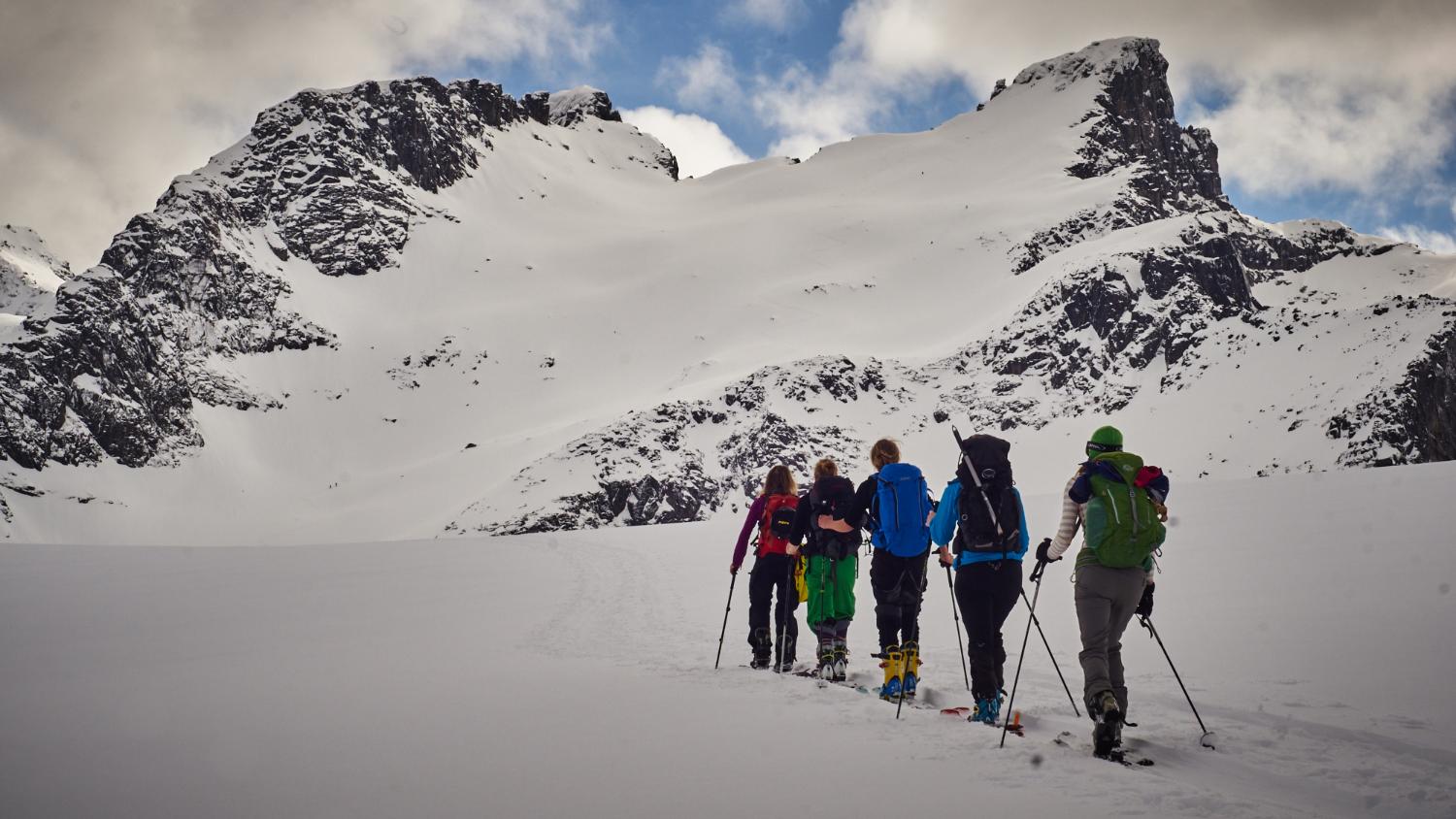The CAREPANEL - A ten year longitudinal study on skiers and decision making

WHAT IS THE CAREPANEL?
The carepanel is a ten year long study where we follow people that venture into avalanche terrain. In this study we would like to follow as many people as possible to learn and understand what people know, how they evaluate risk, how they make decisions, how values and attitudes impact decision making for the better or worse.
WHY IS THE CAREPANEL IMPORTANT?
9 out of 10 fatal avalanche accidents are triggered by the victim or someone in their party. By improving decision making we may save lives.
Many of the important questions on the impact of human factor is difficult or impossible to answer by normal studies. By following a large number of people over time we are able to understand how education or experience impact people’s perception of risk and their following decisions. We are also able to track the impact of education or experience and compare people with different levels of skill or experience.
HOW IS THIS RESEARCH CONDUCTED?
The carepanel consist of three parts.
1) The introductory survey. Here we ask all participants to fill out a recruitment survey where we would like to know who you are, what you know and how you perceive risk and make decisions. This survey is updated yearly so that we can track changes over time. This also allow us to compare groups with different levels of experience, education or skills.
2) The GPS survey. We will invite the participants in the carepanel to log their trips with and provide us with a GPS track of their trip. In addition we ask people to answer a few questions for each trip. This allow us to learn about peoples decision making and risk perception on an individual trip. The GPS track is then run through a terrain model and compared with the current avalanche condition from the warning service varsom.no. This enable us to create a rough estimation of objective exposure under the current conditions. Combining participants answers from each trip with their objective exposure enable us to understand how subjective risk compares to objective exposure to avalanche risk. By combining trips over several seasons this also provide us with an understanding of how peoples use of terrain change with experience and education.
3) Special surveys: We will also use the carepanel to invite specific groups into single studies. Here we could compare people with different types of education or people with first hand experience with avalanche accidents to people with no such experiences. This allow us to answer questions on effect of avalanche education or experience.
Members:
Financial/grant information:
Internally funded